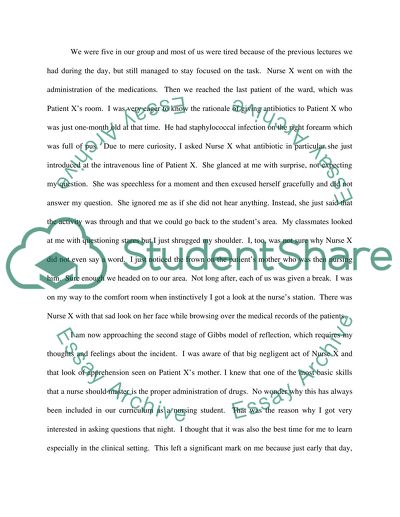Cite this document
(Reflection on Medical Practice Essay Example | Topics and Well Written Essays - 2000 words, n.d.)
Reflection on Medical Practice Essay Example | Topics and Well Written Essays - 2000 words. https://studentshare.org/medical-science/1546569-reflection-on-a-critical-incident
Reflection on Medical Practice Essay Example | Topics and Well Written Essays - 2000 words. https://studentshare.org/medical-science/1546569-reflection-on-a-critical-incident
(Reflection on Medical Practice Essay Example | Topics and Well Written Essays - 2000 Words)
Reflection on Medical Practice Essay Example | Topics and Well Written Essays - 2000 Words. https://studentshare.org/medical-science/1546569-reflection-on-a-critical-incident.
Reflection on Medical Practice Essay Example | Topics and Well Written Essays - 2000 Words. https://studentshare.org/medical-science/1546569-reflection-on-a-critical-incident.
“Reflection on Medical Practice Essay Example | Topics and Well Written Essays - 2000 Words”. https://studentshare.org/medical-science/1546569-reflection-on-a-critical-incident.


